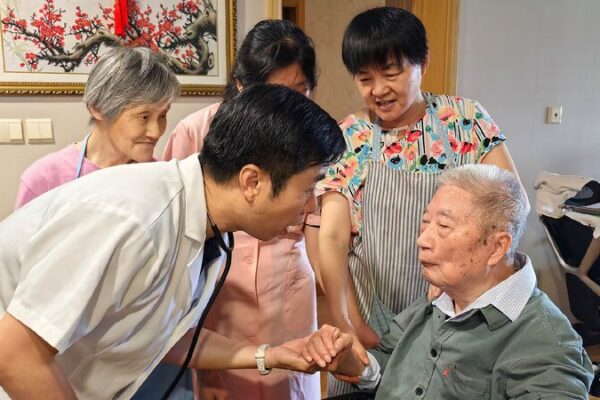China is set to revolutionize its elderly care services by embracing market-driven policies, according to Lu Zhiyuan, Minister of Civil Affairs. Speaking at a press conference during the annual “Two Sessions” in Beijing on Sunday, Lu emphasized the government’s commitment to leveraging market resources to enhance the quality and accessibility of care for the nation’s aging population.
“We will support various market entities and promote the scaled, clustered, and branded development of elderly care services,” Lu said. The initiative aims to encourage private sector participation and innovation in the elderly care industry, fostering a more diverse and competitive market that can better meet the needs of senior citizens.
China’s aging population has grown significantly in recent years, with projections indicating that by 2035, over 400 million people in the country will be aged 60 or above. The government’s new approach seeks to address the challenges posed by this demographic shift by combining public support with private enterprise to create sustainable and high-quality care solutions.
The “Two Sessions,” comprising the National People’s Congress and the Chinese People’s Political Consultative Conference, serves as a platform for outlining China’s policy direction for the coming year. This year’s focus on elderly care highlights the importance the government places on social welfare and the well-being of its citizens.
By leveraging market mechanisms, China hopes to not only improve the standard of care but also stimulate economic growth and job creation within the sector. The move is expected to inspire innovation, attract investment, and ultimately provide better services to the elderly population.
Lu’s announcement signals a significant step toward modernizing China’s social support systems and reflects a broader trend of integrating market principles into public services. As the nation grapples with the realities of an aging society, such policies could serve as a model for other countries facing similar challenges.
Reference(s):
Chinese minister: Leveraging policy for the enrichment of elderly care
cgtn.com








